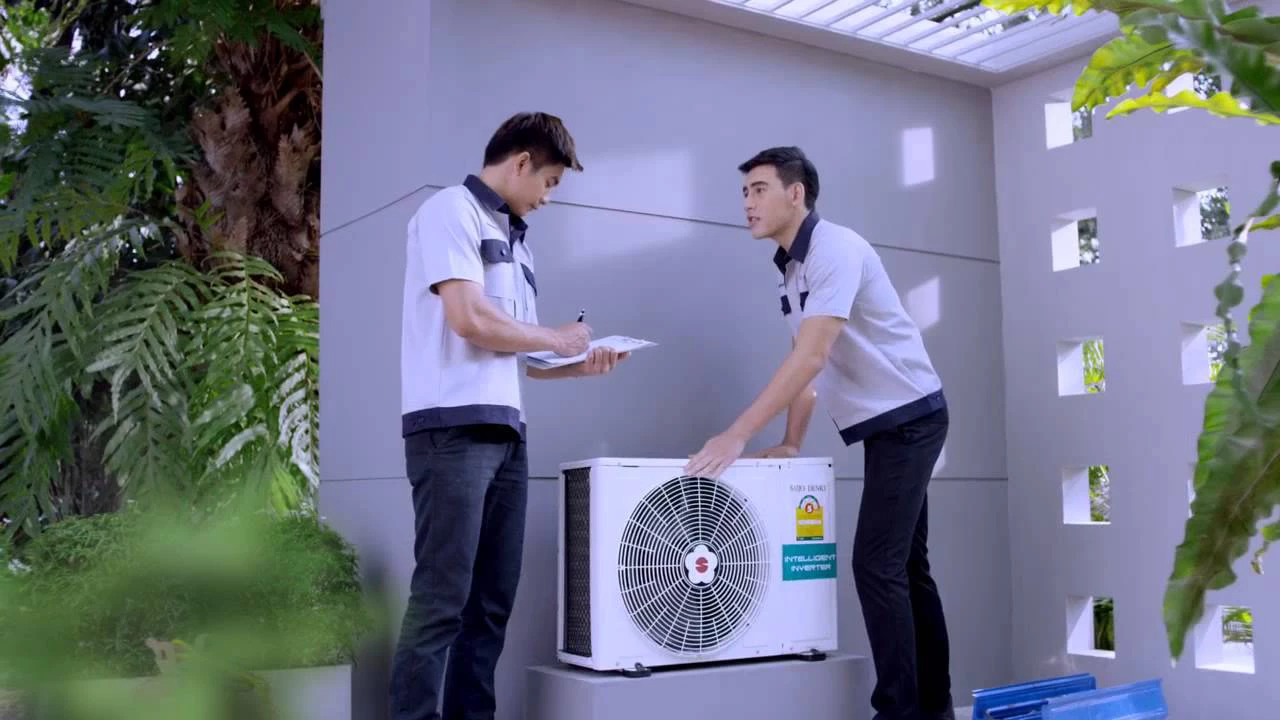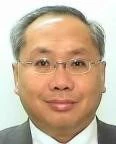
With the recent climate agreement in Paris, many countries are looking at improved energy efficiency as a way to reduce greenhouse gas (GHG) emissions to contribute to the agreed climate goal of keeping global warming below two degrees Celsius.
Innovative air-conditioning (A/C) technology, just launched by a Thai A/C manufacturer in cooperation with the Government of Thailand and the Federation of Thai Industries, will not only save consumers and the country energy, it will eliminate emissions of ozone depleting, high global warming refrigerants with little to no additional costs. At scale, this technology can play an important role in global climate mitigation efforts.
Now developing countries are eliminating HCFCs to meet their international obligations by addressing technology and policy challenges with upgrades to occupational health, safety, and consumer appliance operating standards to manage the inherent trade-offs for safe use of a new class of less inert but lower-GWP alternatives. Saijo Denki of Thailand is the first developing country-owned manufacturer to have successfully adopted A/C technology that is based on a lower global warming HFC gas, R-32, less than three years after the first company in a developed country did the same. New R-32 based A/C units cut the GHG impact by nearly 70%, are 5 to 10% more energy efficient than the old HCFC-based units, and have a 10% higher cooling capacity.
As eleven other Thai A/C manufacturers will follow Saijo Denki’s technological path, also with financial and technical assistance from a US$24 million HCFC phase-out project financed by the Multilateral Fund for the Implementation of the Montreal Protocol through the World Bank, consumers will soon benefit from more energy efficient and environmentally friendly A/C appliances. In fact, technology cooperation with the Japanese A/C industry and other project-sponsored activities have catalyzed the change to R-32 technology also in the much larger multinational A/C companies operating in Thailand. Competitive prices will ensure that smaller A/C manufacturers are not priced out of the Thai market for having integrated ambitious environmental measures into their business operations.
This technology change is also well-timed. Pressure on high climate impact technologies is mounting as some countries double down on their GHG emissions. Developed countries including trading partners of Thailand, the second largest A/C manufacturer in the world, have already, or are about to put in place policies and regulations that deter imports of products with high global warming impact. Early adoption of R-32 technology will give the US$1 billion Thai air-conditioning industry an edge and an opportunity to expand its export market. And superior cooling performance through this new technology will allow even higher energy efficient and cost-competitive A/C to be developed in the future – critical for when countries inevitably ratchet up their energy performance standards.
As a close witness to the various stages of acceptance by the Thai A/C industry to embark on this technological journey, we are especially impressed by the swift and ambitious outcome - making the most of this technology’s potential for improved energy and cooling performance while containing costs.
But it takes more than one pioneering and fearless enterprise to turn the challenges of protecting the global environment into a business opportunity. Special efforts were made to address environmental and occupational health and safety upgrades in manufacturing, equipment operations, and longer term servicing needs. A combination of grant financing and technical assistance through the HCFC phase-out project, technology transfer and cooperation by a leading Japanese A/C manufacturer, Thailand’s Ministry of Industry’s leadership to enable sector-wide adoption of the new technology, and the rallying efforts of the Federation of Thai Industries all made Saijo Denki’s success possible.
Success that has global implications, considering that most developing countries are still producing and using HCFC-based A/C but will have to also soon stop. This recent experience in Thailand can serve as a model, including from an environmental safeguards perspective on how to overcome barriers to combine environmental and business ambitions in a developing country context.



Join the Conversation